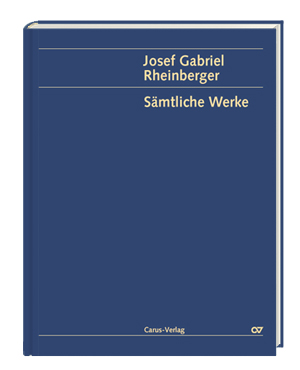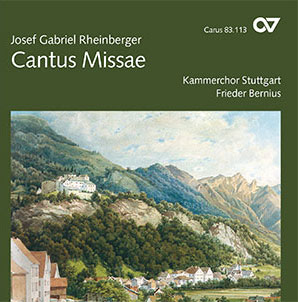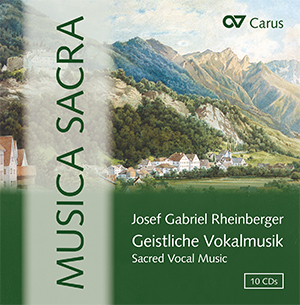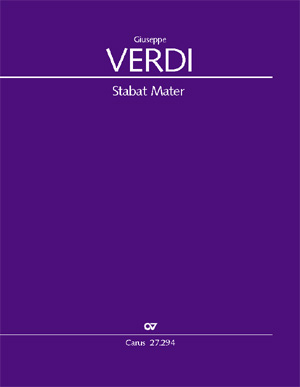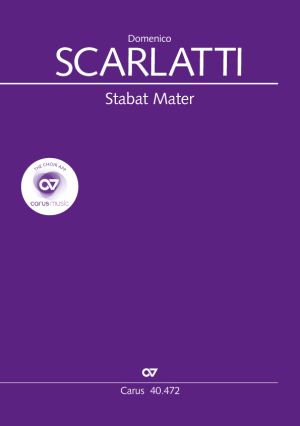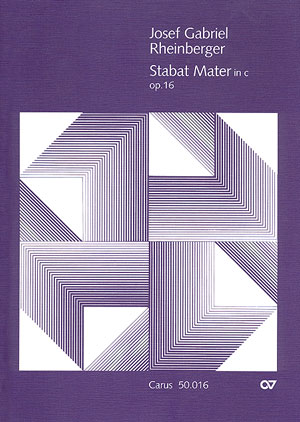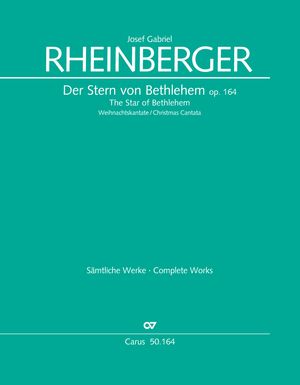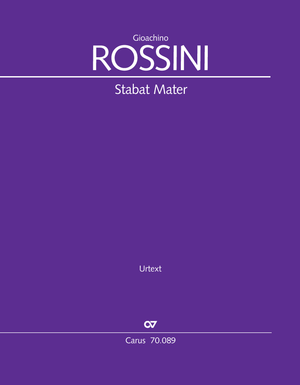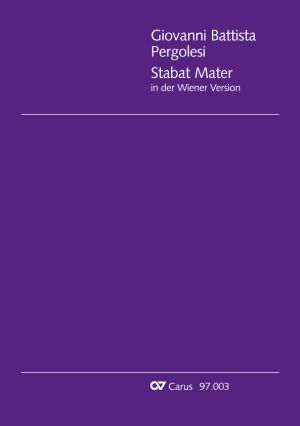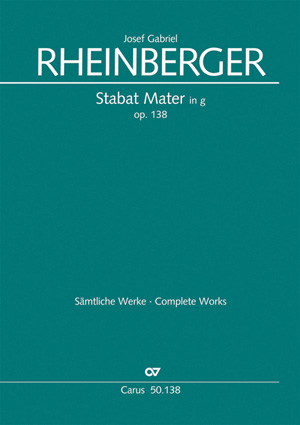
Rheinberger’s Stabat Mater op. 138 is one of his most personal works. In the summer of 1884 he composed a musical setting of the Latin sequence on the Seven Sorrows of the Blessed Virgin Mary as an act of thanksgiving for the healing of an injury to his hand, from which he had suffered for more than a decade. Through clever harmonic twists and turns Rheinberger subtly manages to transform the atmosphere of suffering and pain in the face of the cross into hope and salvation. He remains true to his claim that the work should be “easy to perform”, even in the final major fugue.
The Stabat Mater may be accompanied either by solo organ, or organ with the optional addition of five string instruments. The score contains the choir, organ and strings parts; the organ part is identical in both versions.
-
Compositeur
Josef Gabriel Rheinberger
| 1839-1901During the second half of the 19th century Rheinberger, who was born in 1839 in Vaduz (Liechtenstein), was a major figure of European stature. In demand as a teacher of composition and esteemed as a composer, this professor at the Munich Conservatoire and Bavarian Court Kapellmeister made his mark on a whole generation of musicians. The fact that many of his compositions were no longer performed after his death in 1901, despite their high musical qualities, was largely a result of external circumstances. The change of aesthetic orientation which began about the turn of the century led to a radical move away from the conservative-classical ideals to which Rheinberger – like Brahms – had felt himself committed. It was also a fact that Rheinberger never publicized his own works vigorously. The Josef-Rheinberger-Archiv and Carus published a complete edition of works by Josef Gabriel Rheinberger for the first time. The edition, concluded in 2009, has contributed significantly to the fact that the music of this composition teacher and Bavarian Court Kapellmeister from Munich can once again be heard around the world today. Plus d'information sur la personne
Questions fréquentes sur l'œuvre
 Il n'y a pas encore de questions et réponses concernant cette œuvre ou vous n'avez pas trouvé la réponse à votre question sur l'œuvre ? Cliquez ici et envoyez votre question spécifique à notre service clients.
Il n'y a pas encore de questions et réponses concernant cette œuvre ou vous n'avez pas trouvé la réponse à votre question sur l'œuvre ? Cliquez ici et envoyez votre question spécifique à notre service clients.


